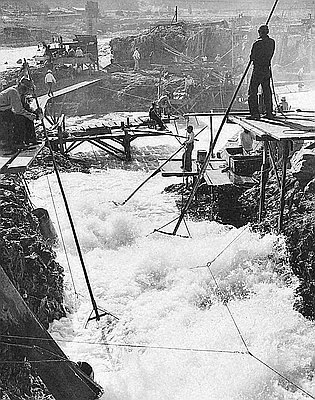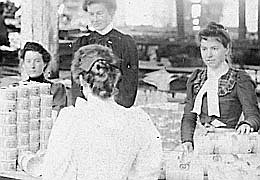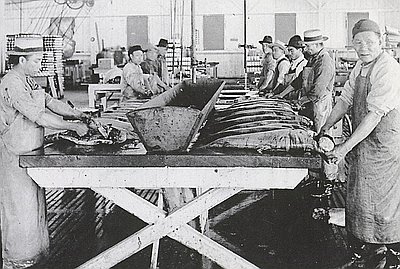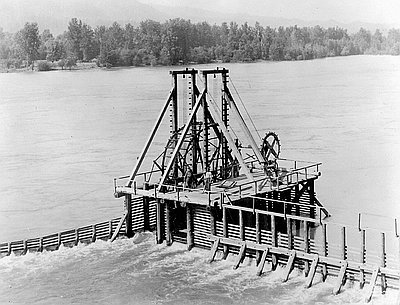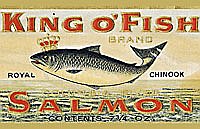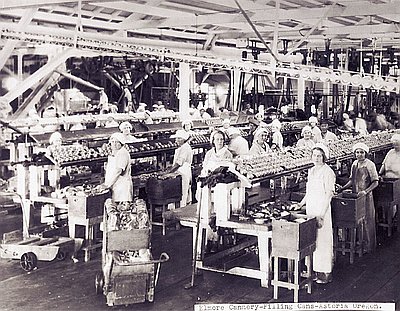Viewing the Past through the Prism of Nature
Environmental history turns on a simple but profound argument: Asking questions about nature can sometimes change our understanding of the past. Traditional history casts humans as not simply the main but the only relevant force in time. As one example, explanations about the demise of Columbia River canneries have dwelled primarily on the follies of greedy fishers and canners. Expanding our view to include issues like the variability of salmon bodies, the range of forces altering salmon habitat, the impact of ocean climate, and the host of small but significant influences of nature in and about canneries adds nuances to a story that still vexes us.
Canneries did not disappear just because of wanton greed. Rather, they withered under a convergence of political, technological, and natural forces that requires a much more complex telling of the past. The more readers care about the fate of Columbia River salmon, the more critical these lessons are because that past is still with us. The rivers and fish that Pacific Northwesterners live with are products of history. The contests over dams, hatcheries, and fisheries cannot be understood without confronting their tangled past, and nature remains a crucial element of that history.
© Joseph E. Taylor III, 2006. Updated and revised by OHP staff, 2014.

